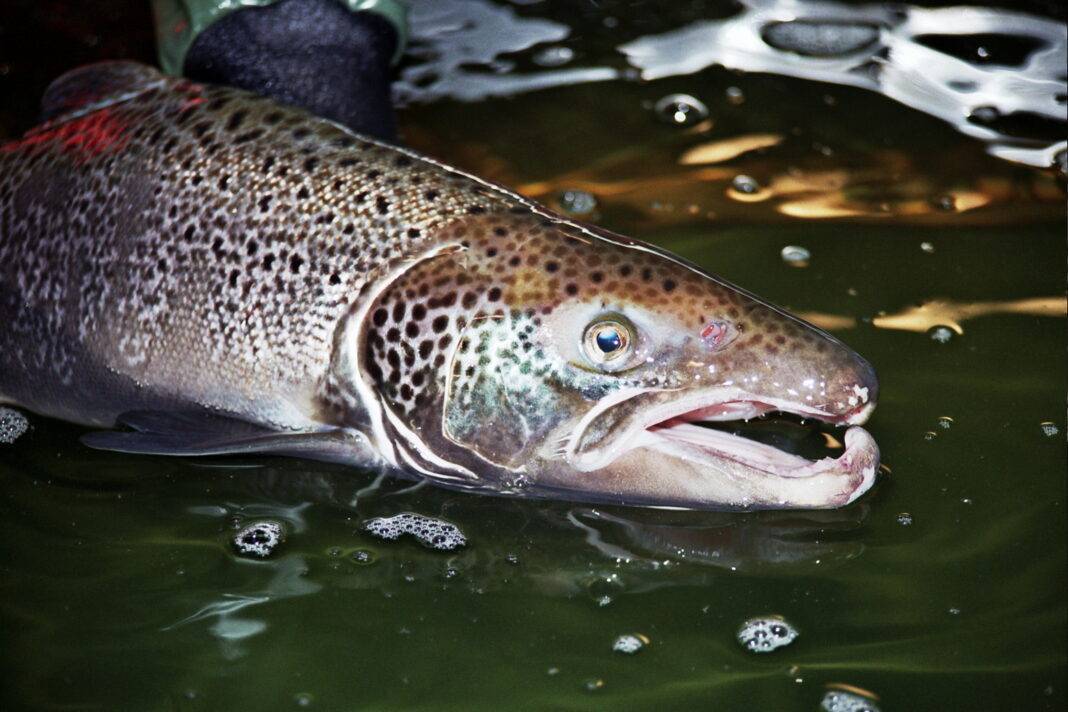Throwing Some Shade
According to National Geographic’s Planet Possible, here are just a few cities that are putting trees to work cooling things down:
Baltimore:
Hiring residents to plant trees in underserved communities.
Phoenix:
Targeting the hottest neighborhoods — low-income and primarily Latino — for tree planting, shade structures, and redesigned streets.
Boston:
Creating sophisticated shade maps to drive future planning efforts.
Avoid the Tipping Point
Remember the hole in the ozone layer? That was largely the consequence of chlorofluorocarbons (CFCs) — common chemicals in refrigerants and aerosol sprays. Through global cooperation in banning those substances in 1987, called the Montreal Protocol, that hole is largely healed.
But in the climate version of whack-a-mole, hydrofluorocarbons (HFCs) also wreak havoc on the planet by contributing to climate change. The Biden administration recently announced it is taking steps to mitigate HFCs, which, according to the New York Times, can help us avoid climate tipping points: “By taking fast action on these short-lived climate pollutants, of which HFCs are the most potent, we can buy ourselves some time … The regulation would begin to take effect in 2022, and would gradually reduce the production and importation of hydrofluorocarbons in the U.S. by 85 percent over the following 15 years. About 15 percent of HFCs would still be permitted because they have critical uses for which alternatives do not yet exist”.
The Grist Report
Plastic Pollution Becomes More Transparent
There’s little incentive for companies to reduce their plastic pollution if most of us are in the dark about it. Now, corporate behemoth DuPont has bowed to pressure to not only disclose its plastic footprint, but take steps to mitigate it. Online climate newsroom Grist reports here, “Plastic pellets are among the biggest sources of plastic pollution in the world’s oceans. DuPont will join Chevron Phillips Chemical, ExxonMobil Chemical, and Dow Chemical in reporting such data. According to As You Sow, a nonprofit shareholder advocacy group that helped file the proposal, DuPont’s environmental reports will ‘disclose trends in the amount of plastic in various forms released to the environment by the company annually, and concisely assess the effectiveness of the company’s policies and actions to reduce the volume of the company’s plastic materials contaminating the environment.’”
Banking on Clean Energy
According to the Financial Times, three of Australia’s Big Four banks have announced they intend to stop financing new coal projects. It’s a politically controversial decision in a country that exports more coal than any other. But it’s a smart decision in a hot, dry country where climate change is expected to make it hotter and drier.
Canada Calls Plastic ‘Toxic.’ Officially …
The Trudeau government recently declared plastic “toxic” under Canada’s Environmental Protection Act, clearing the way for the government to push further policies to reduce plastic waste.
The step acknowledges the scope of the plastic problem, where less than 10 percent of the 3.3 million tons of plastic discarded in Canada each year is recycled, with the remainder going to landfill or incineration, or making its way to lakes, rivers, and oceans.
Fast Fashion Gives Way to Throwback Threads
While vintage fashion is nothing new, the increasing number of those who are trading fast fashion for previously loved garments is.
The Guardian reports that “research in the U.S. for resale site ThredUp suggests that 70 percent of women were prepared to buy secondhand fashion in 2019, compared with 45 percent four years earlier. It predicts that the resale market will be bigger than fast fashion by 2029, as traditional charity shops sell more items, and the for-profit resale market balloons”.
Given the outsize impact our overstuffed closets have on the planet, this newfound affection for old clothes is a good look.
The King of Fish Swims Again
This past spring, the U.S. Fish and Wildlife Service transferred roughly two-year-old smolts from its hatchery to open-net pens off the coast of Maine. From there, Cooke Aquaculture, a company that operates commercial salmon farms in Maine and around the world, is tending the fish, feeding them, and keeping predators like seals away for the next year to two.
If everything goes to plan, thousands of adult salmon will be transferred to the East Branch Penobscot and Machias rivers, where they will select their own mates, find places to spawn, and lay eggs in the gravel. The hope that this will give rise to a generation of new fish in a spot where salmon have suffered dramatic losses.


